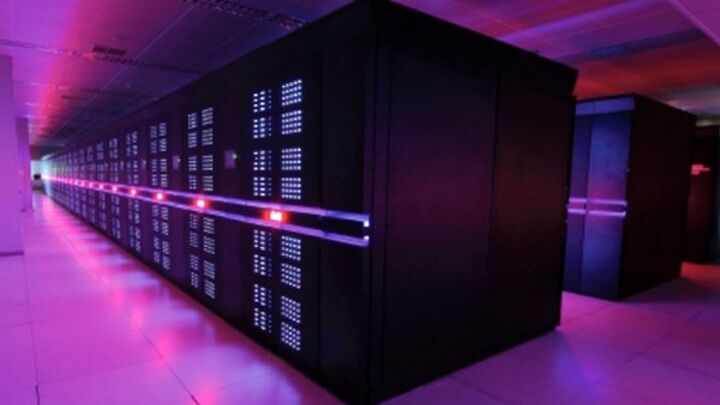
China Outpaces U.S. in Race for Fastest Supercomputer
The United States’ chief political and military rival surpassed it in the field of supercomputer technology, building the world’s fastest machine, according to the semiannual top500 Supercomputers official listing released on Monday.
The Tianhe-2 was built by China’s National University of Defense Technology, and completed two years ahead of its expected deployment date. The supercomputer is capable of sustained computing at a rate of 33.86 petaflops per second—or about 33,860 trillion calculations per second. That’s twice as fast as the American supercomputer that previously held the record.
Supercomputers are instrumental in developing nuclear weapons, aerospace engines, vital chemicals and more. For decades, the U.S. had the largest and fastest arsenal of such computers, but now, as in many other realms, Beijing is challenging Washington. The Tianhe-2 isn’t expected to hold the record for long since the U.S., Japan and China are constantly developing faster machines, and taking turns occupying the number one slot. But the news underlines China’s rise as a powerhouse of science and technology.
The first time China ascended to the number one slot in November 2010, some analysts called it a “Sputnik moment.” But that time around, it wasn’t Moscow one-upping America in the space race, but China overpowering us in one of the most crucial sectors of national security. If America falls behind in supercomputing, it could lose its dominance in certain military fields, many branches of science, and in industries like pharmaceutical development and oil/natural gas production.
At present, China has 66 of the 500 most powerful supercomputers on the planet, up from zero just 12 years ago. That makes it second only to America. While the U.S. scrambles to pay for new supercomputer development, Beijing is awash with cash to pursue its ambitious technological goals. China has also become the largest nation on the Internet, climbing from 22.5 million Internet users in 2000 up to more than half a billion in 2012.
These trends illustrate how Beijing is leveraging speedy economic growth and sharp increases in research spending to join the global technology elite. Steady evidence of China’s burgeoning power will hasten the decision of weaker Asian nations to abandon the sinking U.S. ship and instead rally behind Beijing. To understand the implications of the rapidly shifting balance of global power, especially in the realm of science and technology, read “The End of the Space Shuttle and America’s Greatness.”
